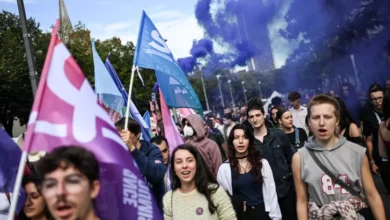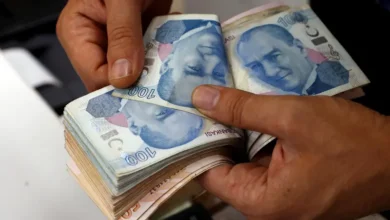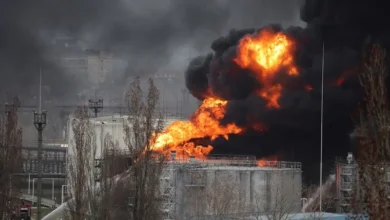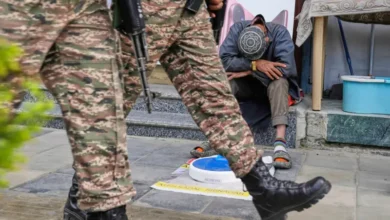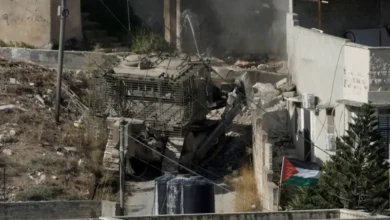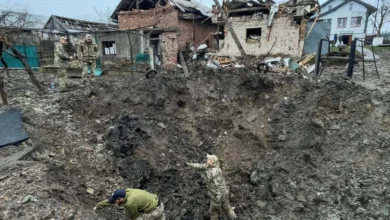How will rising prices hurt Ramadan celebrations?
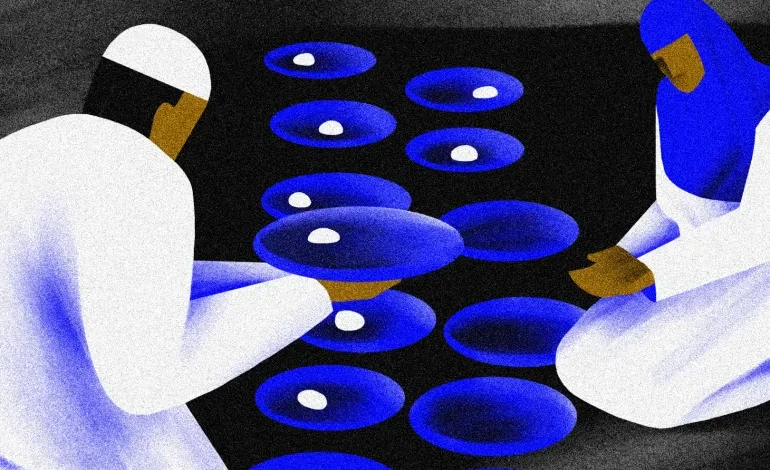
As the holy month of Ramadan kicks off this week, millions of Muslims around the world are feeling the pinch of inflation.
Food and energy prices have been soaring around the world as Russia’s war in Ukraine, the lingering effects of the COVID-19 pandemic and climate change-related events weigh on the global economy.
‘The money for my medical care goes to buy food’
end of list
Countries of the Global South – especially in the Middle East, Asia and Africa, where the vast majority of the world’s Muslims live – are also among the worst hit by price surges and shortages of key supplies.
The World Food Programme (WFP) estimates that 349 million people across 79 countries were acutely food insecure in 2022 and more than 140 million required assistance, and that number is not expected to change much in 2023. Asia and Africa are home to the highest number of undernourished people.
Spikes in food prices, in turn, force families to reduce expenses on other goods and services, Friederike Greb, an economist at the WFP, told Al Jazeera.
“If you are poor, you spend more than 50 percent of income on food,” said Greb.
During Ramadan, will higher food and drink costs force households to cut back on traditional items including dates, cakes, biscuits and sugary juices, or to substitute them with cheaper alternatives? How is the cost-of-living crisis playing out for Muslims in different parts of the world? Could this have other social consequences? And can charities help?
The short answer: Across countries battered by record-high prices, many people will likely scale back traditional Ramadan celebrations — from the food they consume to the gifts they buy — charities, community leaders and Muslim families have said. Aid groups are struggling to address the increased demand for help. But the crisis could also bring the community together in unexpected ways.
But no nation in the region is battling a cost-of-living crisis as severe as Lebanon — and the effects will be particularly visible during Ramadan, from the dinner table to social gatherings.
Lebanon, which is in the fourth year of a deep economic, political and social crisis while also hosting the largest number of refugees per capita in the world, is suffering from triple-digit inflation — 123 percent in January.
The traditional fast-breaking evening iftar dinner will be unaffordable to 80 percent of people in the country, according to American Near East Refugee Aid (ANERA), a prominent charity that works there.
The Lebanese pound (LL) has lost 98 percent in value against the United States dollar since late 2019. Even the cost of the humble fattoush, a popular salad dish, has shot up from LL 4,250 in 2020 to LL 225,000 this year. “If you’ve got dollars then the amount hasn’t changed all that much, but if you’re getting paid in lira that’s obviously a massive cut in your buying power,” ANERA Ppresident Sean Carroll told Al Jazeera.
In 2019, ANERA spent $50 for a food parcel that would grant a family their basic needs for the whole month of Ramadan. Now, the organisation spends two to three times that amount to offer the same service, Carroll said.

